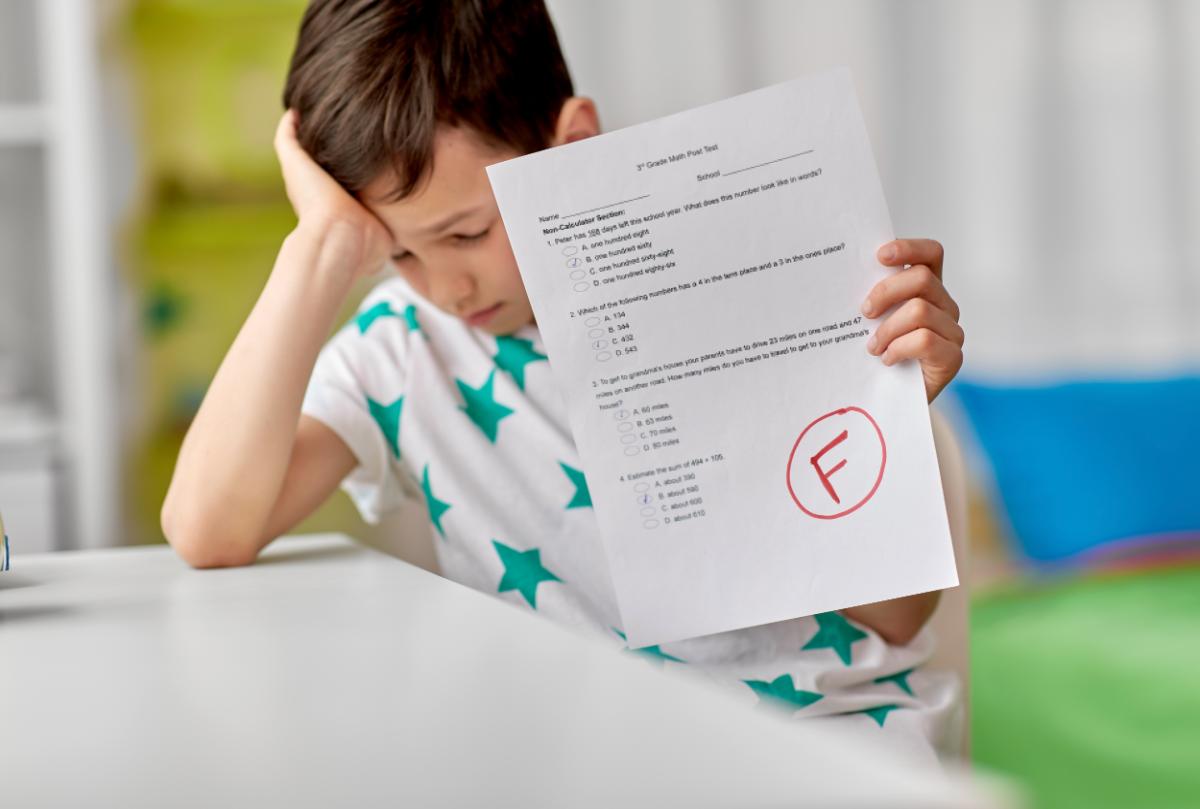A Level results day takes places on Thursday, 18th August this year and it’s no doubt going to be a tense and overwhelming experience for many, as it is for students and teachers alike every year. Knowing that your future educational and career plans hinge on whatever that envelope contains will give many people a heady mix of excitement and nerves.
Ripping the seal off and reading that all important piece of paper will either see students leaping for joy as their conditional offers have been met, or spiralling into a panic as they realise, they didn’t get the grades they needed. For everyone, regardless of results, this will mark the start of the next stage – whatever that now looks like.
For those students who don’t get the grades they wanted, expected, or needed, anxiety over what impact this will have on their next steps, and what their options are will be huge.
If you find yourself wondering what you should do now, then read on – we have all the answers for you.
Most of us are prone to knee-jerk reactions when it comes to hearing bad news, but the key here is not to panic. Whatever your results are, whatever you hoped they would be, panicking now isn’t going to change anything.
Instead, having a clear and calm approach to the situation will help ensure you find the right path out of it and back to where you need to be.
It’s important to understand whether your reaction to your results is based on a personal emotional response, or if your grades are going to impact your options when it comes to university. If your online physics tutor predicted you to achieve an A, for instance, or you had some A level chemistry tuition and your online chemistry tutors expected that you would get an A*, but you got an A, or your A level biology tutors thought you were on track for an A and your results show a B, it may well be the case that you feel disappointed. However, that’s not the end of the world – an A and two Bs is still a fantastic achievement.
However, if you were reliant on achieving an A to obtain your place at your first choice University, things may feel a little more worrying. The first thing you may want to do is speak to your college subject tutors. In some cases, they may be able to determine how close you were to the grade you need, and may suggest lodging an appeal.

If you have received a conditional offer from your chosen University, and your results have fallen short of the desired grades, it’s important to get in touch with them to see if they are still prepared to offer you a place. You can do this via UCAS Hub, where all offers will be updated with your confirmed A Level results.
Alternatively, you may need to contact them directly to have a more in-depth conversation about what they can offer. It may be a case that you are no longer deemed suitable for a particular course; however, they may be able to offer you a place on an alternative (yet hopefully similar) one.
If you haven’t been able to secure places at your first choice or insurance Universities, then it might be worth looking at going through clearing. This will give you the opportunity to see which Universities are able to offer you a place on your chosen course, based on your actual exam results.
It’s important to remember that you do not have to go to an alternative University. It’s perfectly acceptable to decide to wait, and review the situation. However, it’s always nice to know what your options are.

Perhaps you’ve got your heart set on a particular University, and nothing else is going to work out for you. Maybe you know you can do better and feel your current A Level Chemistry result isn’t a true reflection of your capabilities.
Whatever the reason, choosing not to take a place at university this year, even though that was the original plan, is perfectly acceptable. It’s a wise, and often brave choice; however, it’s important you develop a plan of action as to what comes next.
One option is to decide to defer, with the plan of taking up your original conditional offer next year. If that’s the case, then you will either have to appeal your results (though remember, grades can go up or down in an appeal situation), or resit your exam(s).
When it comes to resitting an A Level course, you have a few things to consider. Firstly, it’s important to know whether your current school or College are able to support you in your resit. You will need to find somewhere to actually take your exams, and not all colleges offer this option. If they don’t, then you will need to contact other teaching establishments and see if you can take exams with them as an external candidate.
It’s also worth considering whether you want (or indeed need) to take the full course again, or if you can simply focus on self-directed study, or you may want to consider having some online science tuition or working with physics and maths tutors if you want to try to improve your A level Physics and Maths grades. The only thing you do need to do is sit every relevant exam for the course, even if you did well on some. Working with a professional online tutor is a great way to ensure you are focussing on the relevant information you need to really study for.
It may be the case that some areas of your course left you feeling more perplexed than others, or you know some aspects didn’t get the revision attention they deserved. Identifying these areas of weakness, and then turning to a private science tutor is a great way to hone your skills and maintain focus on your ultimate aims.

Whether you’re looking to ensure good A Level results first time around, or you’re looking to improve on you grades for next summer’s resits, find a supportive and dedicated online tutor UK today. Use our handy search tool to find the right tutor for you and make your career dreams come true.
